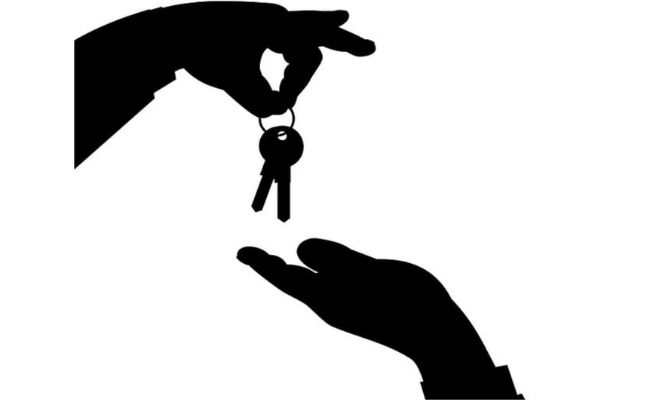Despite rising interest and qualifying rates, the luxury sector of the housing market should remain largely unaffected.
“The luxury market tends to be much more a function of consumer confidence, which is a function of business confidence, which is a function of employment, and unemployment is at a very low rate right now of less than 6% in the Toronto region,” said Sotheby’s President and CEO Brad Henderson. “GDP growth is very strong in Toronto compared to Canada, and job prospects are good. People will make discretionary purchases when they have that level of confidence.”
Unsurprisingly, the well-heeled have an easier time absorbing rate hikes than the rest of the buying market.
“In terms of the luxury market, it is generally not as sensitive to interest rate changes as the first-time or low-income buyers because qualifying for the mortgage stress test is not an issue for people who can afford luxury homes,” said Henderson. “If people are not happy with the price that they may get for their home, they’ll typically just sit on it and not feel the pressure. We only see significant differences in situations where there’s an extraordinary event or discretionary opportunity.”
The rate hikes could percolate up the ladder, though, because the real estate market’s various sectors depend on each other.
“Many often argue that the luxury market is immune to such raises, given the fact that buyers are making sizeable down payments or paying 100% cash,” said Forest Hill Real Estate broker Matt Smith. “While this is somewhat true and we still have buyers who fall into that category, the number of them is diminishing. They’re becoming more and more rare, rather than common. The reality is the real estate market as a whole is interconnected—the entry-level, mid-market, and the luxury segment—and the new regulations pressed into effect by the Ontario government last spring have flowed through the entire market. Fewer entry-level buyers mean you have fewer buyers moving up the property ladder, and this means fewer entrants into the luxury housing market.”
In other words, rising rates indirectly impact luxury buyers.
“Entry-level buyers are critical to facilitating the progression of homeowners up the property ladder,” continued Smith. “New stress tests and rising rates are directly affecting the entry-level buyer, and in turn impacting the luxury segment. It’s a domino effect.”
Neil Sharma is the Editor-In-Chief of Canadian Real Estate Wealth and Real Estate Professional. As a journalist, he has covered Canada’s housing market for the Toronto Star, Toronto Sun, National Post, and other publications, specializing in everything from market trends to mortgage and investment advice. He can be reached at neil@crewmedia.ca.









